Golang vs. Java: What Should You Pick?
The Golang vs Java comparison pitches two notoriously fast backend programming languages. Is Golang better than Java? Is Golang harder than Java? Will Golang replace Java? This blog post will highlight the various related to Golang and provide you with enough information to decide what’s best for you.
Java has been around for a long time, curating its position as a powerhouse in the software industry for backend development. Golang, on the other hand, is relatively new. Developers use Golang and Java worldwide. Both languages compete directly for control of server-side web applications.
However, they also compete in other areas, such as learning time, web development, performance, developer payout, and more.
This post highlights the similarities, differences, and business applications of each language.
Let’s get started.
|
Table of content
|
Golang
Launched in 2011, Go or Golang is an open-source language from Google. Similar to Java, Golang is a statically typed, multi-paradigm, compiled, and general-purpose programming language.
Go’s syntax is close to ‘C’ as the language’s compiler was built in C. But it is now written in Golang, allowing the language to remain self-hosted.
Golang is a concurrent programming language built for modern multicore processors, meaning it can perform several tasks at once. It also features deferred garbage collection, which manages memory to run programs quickly.
Java
Java is a statically typed general-purpose programming language released by Sun Microsystems in 1995.
Initially, Java used to be the preferred language for server-side applications. However, that is no longer the case now. Despite this, hundreds of applications around the world use Java. Various platforms, ranging from old software on servers to modern data science and ML applications, are built on Java.
There are ample pre-built modules and codes available because Java is famous among developers. These modules and developer availability make coding in Java easy.
Java is versatile. Meaning, the language runs anywhere there’s a processor. It’s similar to a compiled language where the virtual machine breaks down the code into bytecode before compiling it.
Golang vs Java: Comparison
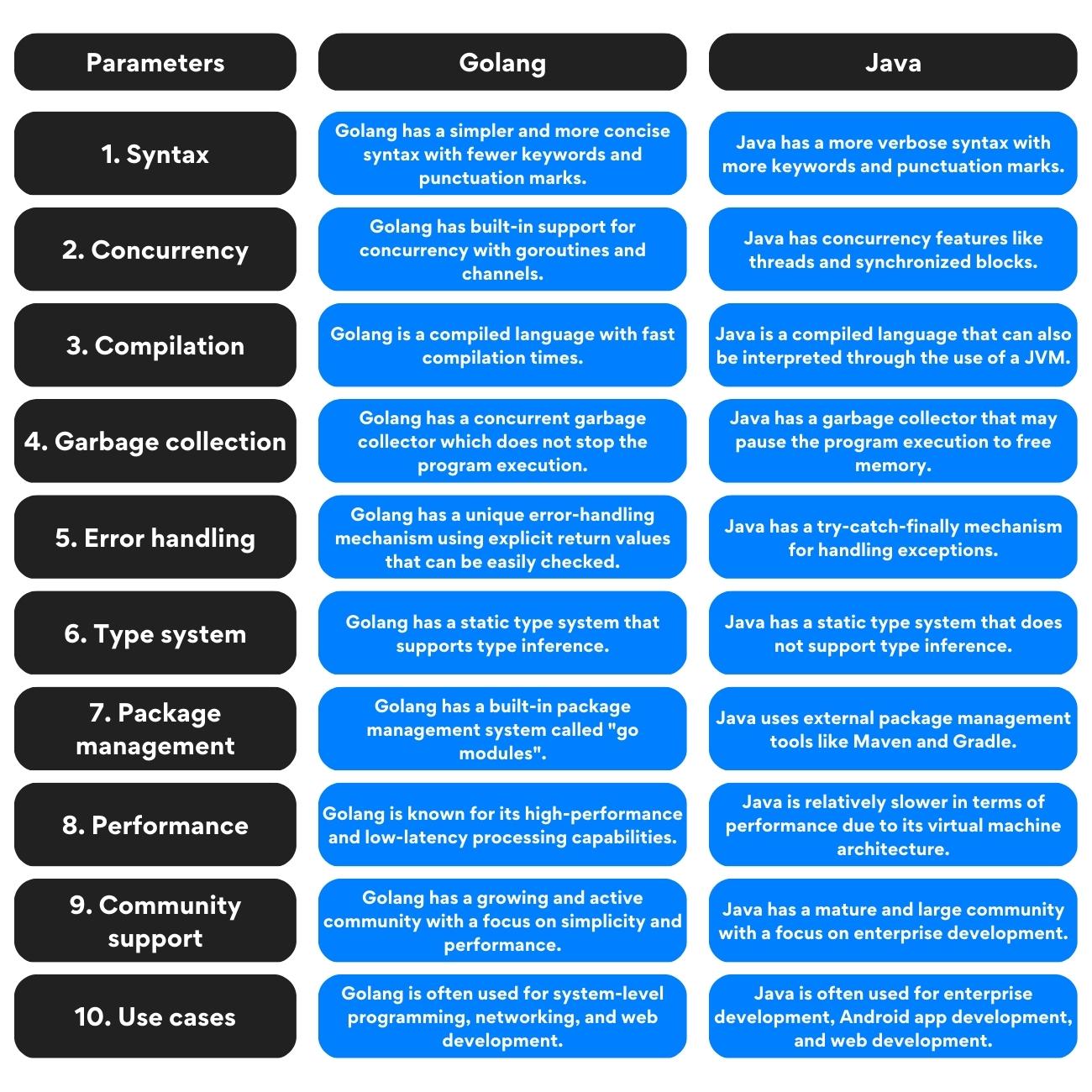
Golang vs Java
Golang and Java are high-performing server-side languages that have some relationship to ‘C.’ But which language wins the Golang vs Java battle? Here is a side-by-side comparison.
-
Golang vs Java: Features
Golang and Java provide ample features. However, Java is better suited for complex tasks because it is object-oriented. Object-Oriented Programming (OOP) drives code reuse thereby creating a better developer experience. In addition, Java enables the code to self-reflect during runtime to spot errors.
Golang is not an object-oriented language, and it does not support inheritance or reflection, making it less flexible than Java.
Garbage collection is one of Golang’s most important features. Garbage collection is also available in Java, but it isn’t as powerful. Garbage collection helps in handling huge codebases.
In addition, the concurrency of Golang is also an essential characteristic. ‘Goroutines’ enables functions or procedures to run parallelly to each other. Java has multithreading capabilities that provide a similar effect, although significantly less powerful than Golang’s. -
Golang vs Java: Performance
Even though Java is quick, Golang outperforms Java in most metrics.
Java’s lack of performance is partly due to its virtual machine for Java compilation. Though it allows Java to run on any platform, this virtual machine reduces its speed.
Golang has the upper hand. In Golang, testing is easy, and the user experience is better. Golang is quick because it is similar to ‘C’.
Also, the memory management in Golang contributes to its speed. When it comes to unnecessary object references, automatic garbage collection eliminates the need for pausing.
Related post: C++ vs Java: What Programming Language Should You Choose? -
Golang vs Java: Community
Java is older and more popular than Golang.
Some years ago, Java was the most extensively used server-side programming language. Today, Java competes with Python for that title, but Java still has a larger community than Golang.
Recruiters can easily find Java developers. Also, Java developers easily get guidance from the Java community, as it is large and widespread. -
Golang vs Java: Usage
Golang is a breeze to use.
Golang’s syntax is unique. For English speakers, the language is simple to read and write. Golang has a total of 25 keywords to define predetermined actions as well as internal operations. Also, Golang’s library is small, which makes skimming easy.
And, unlike most programming languages, Golang’s syntax eliminates brackets, parentheses, and the colons that programmers frequently use at the end of lines.
Java is complex. The use of Java necessitates a developer’s undivided attention. However, working with Java’s sophisticated syntax offers flexibility and loose coupling.
Related post: What Are the Best Programming Languages for AI Development? -
Golang vs Java: Application
Although Java and Golang are both server-side languages, their applications are different.
JVM enables Java to run across platforms with little to no difficulty, making Java a great cross-platform programming language.
Golang is limited in its reach. For example, Golang converts code into a binary file to run on any platform. Meaning, building a binary file for individual platforms will take you more time than needed.
Related post: Node.js vs. Golang: Which One’s Best for You?
It is time-consuming to compile the various binary files for each platform. So if you want portability, Java is the best option.
While Golang may not be your first choice for building a mobile app, it can still have a place in your tech stack if you want to optimize your backend. Golang’s parallelism makes it an excellent choice for machine learning, but only when Python or Java isn’t available. -
Golang vs Java: Popularity
Even today, Java is the most used server-side language. And so, you will see Java racing with Python, Go, and many other popular languages. In other words, Java is a veteran in comparison to Go. And so, when it comes to popularity, Java easily beats Go.
These days, the new coding community primarily opts for Go as their server-side language. Java has massive open-source data online. In addition, the community is super active with round-the-clock feedback.
But Go is no less. You will find several open-source libraries, code examples, and other seasoned Go coders guiding new adopters and delivering consistent feedback.
Which is best for web development – Golang or Java?
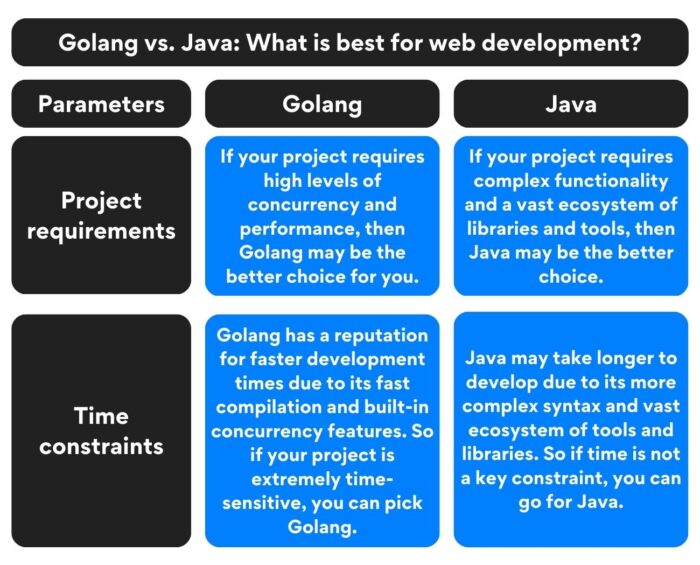
Golang vs. Java What is best for web development (1)
Both Java and Golang excel at back-end web development.
Java is extremely platform-agnostic. The JVM allows developers to build web applications on Linux, Windows, and OSX without compiling them into binary every time. It also has a strong community that provides assistance, tools, and tech stacks to create complex servers quickly.
However, Java’s major use has shifted from backend web development to backend mobile development, to the point that Google now uses Java virtually exclusively for Android apps.
On the other hand, large-scale network servers use Golang for their operations. Golang features built-in support for HTTP/2 and provides web development flexibility, scalability, and simplicity in a way that Java cannot.
Also, developers don’t have to worry about utilizing third-party web servers or libraries because there are enough existing tools to construct web servers.
Summary
Java and Golang are powerful, popular, and useful. But still, they have significant differences. Go is better suited for microservices whereas Java is better for large systems and projects with good timelines. Java is older, object-oriented, and has a larger library and community. Golang is a multi-paradigm and better supports concurrency. While Golang runs faster than Java, Java has more features and better support. Go has a leaner learning curve as compared to Java. If simplicity and memory management are your priority, then Go is a good option.
Deciding which language is best for professional use depends on what kind of websites or applications you’re developing. If you are a software developer looking for remote Java jobs or remote Golang jobs, try Turing. With Turing, you can land high-paying, long term jobs with top US companies, right from the comfort of your home. Want to know more? Click on the Apply for Jobs button.
FAQs
- Is Golang faster than Java?
Golang is generally faster than Java for certain types of applications, particularly those that require a lot of concurrencies. However, Java has better memory management, which can make it more suitable for applications such as financial systems, healthcare applications, e-commerce platforms, etc. - Can Golang replace Java?
Golang and Java have different strengths. While Golang is popular for applications requiring high concurrency and microservices architecture, Java is great for enterprise-scale applications with a large and mature ecosystem of libraries and frameworks. The choice between the two depends on the specific project requirements and the development team’s skillset. It’s not a matter of one language completely replacing the other. - Is Golang in demand in 2023?
Golang is expected to continue to be in demand in 2023 and beyond. Golang’s popularity has been growing steadily over the past few years, particularly for building microservices and cloud-native applications, and it is likely to continue to be a popular choice for these types of applications. Additionally, Golang’s strong performance and concurrency features make it an attractive option for certain industries, such as finance and healthcare, where speed and reliability are crucial. - Should I learn Go or Java?
The choice between learning Go and Java depends on your goals and project requirements. Java is commonly used for large-scale enterprise applications, while Go is often used for microservices and cloud-native applications. Consider the specific context and learning curve of each language before making a decision. Java has a larger standard library and a more complex syntax which makes it a bit challenging to learn. On the other hand, Golang has a simpler syntax, with fewer language features and a smaller standard library, which can make it easier to learn. - Are Golang developers in demand?
Yes, Golang developers are in demand in organizations building microservices, cloud-native applications, or apps with a need for high performance and concurrency. Golang’s popularity has been growing steadily over the past few years, but the demand for Golang developers may vary based on region, industry, and job market trends.
Join a network of the world's best developers and get long-term remote software jobs with better compensation and career growth.





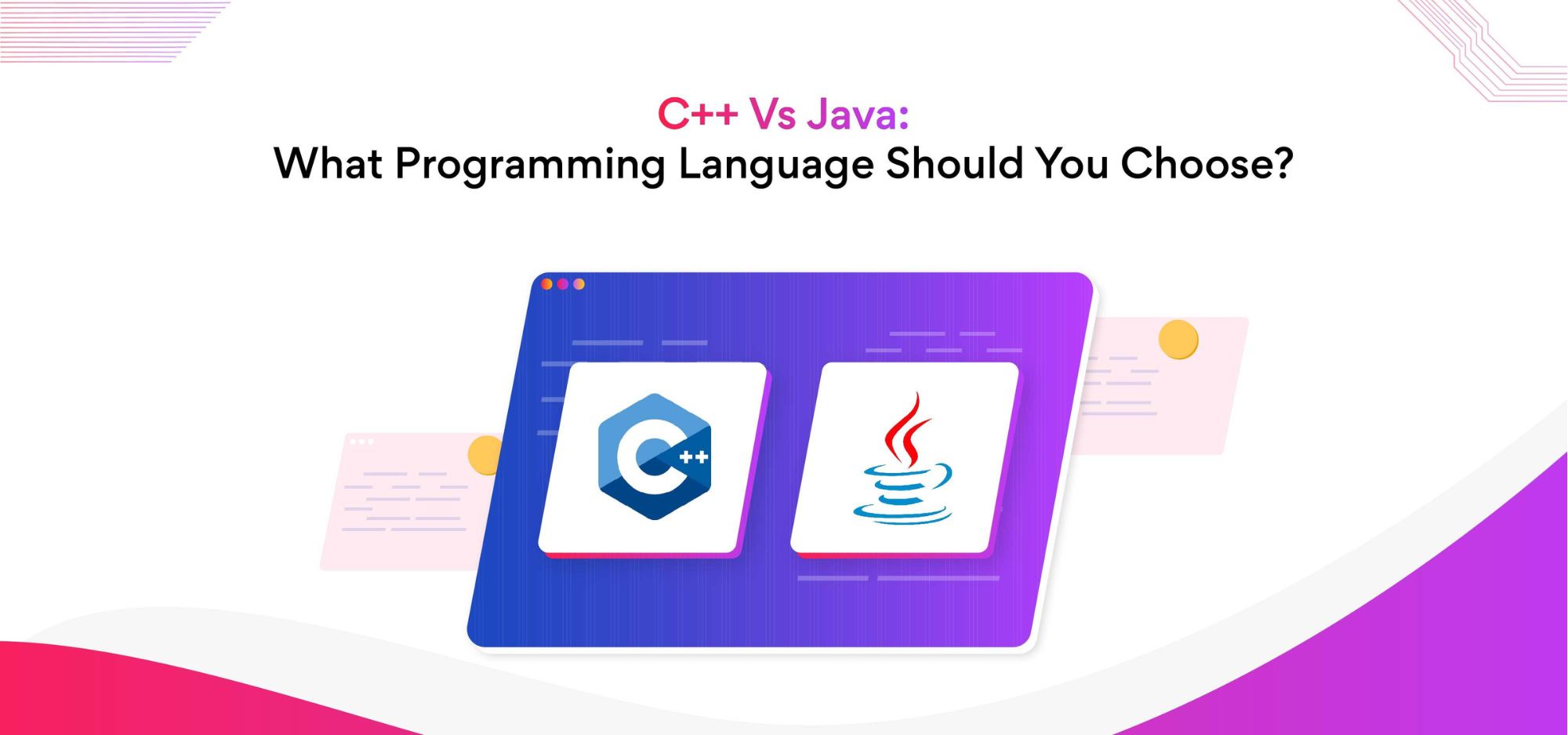
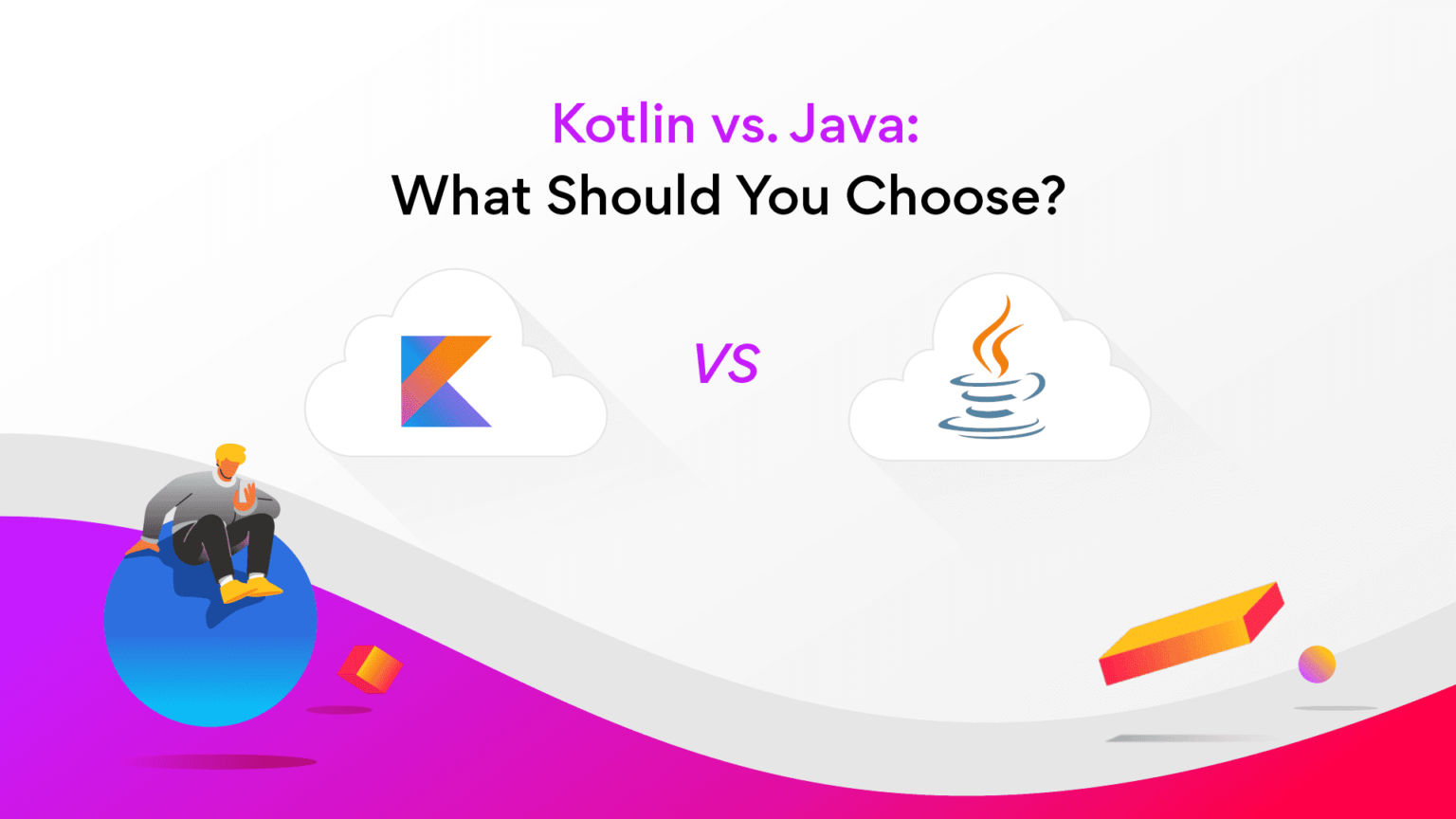

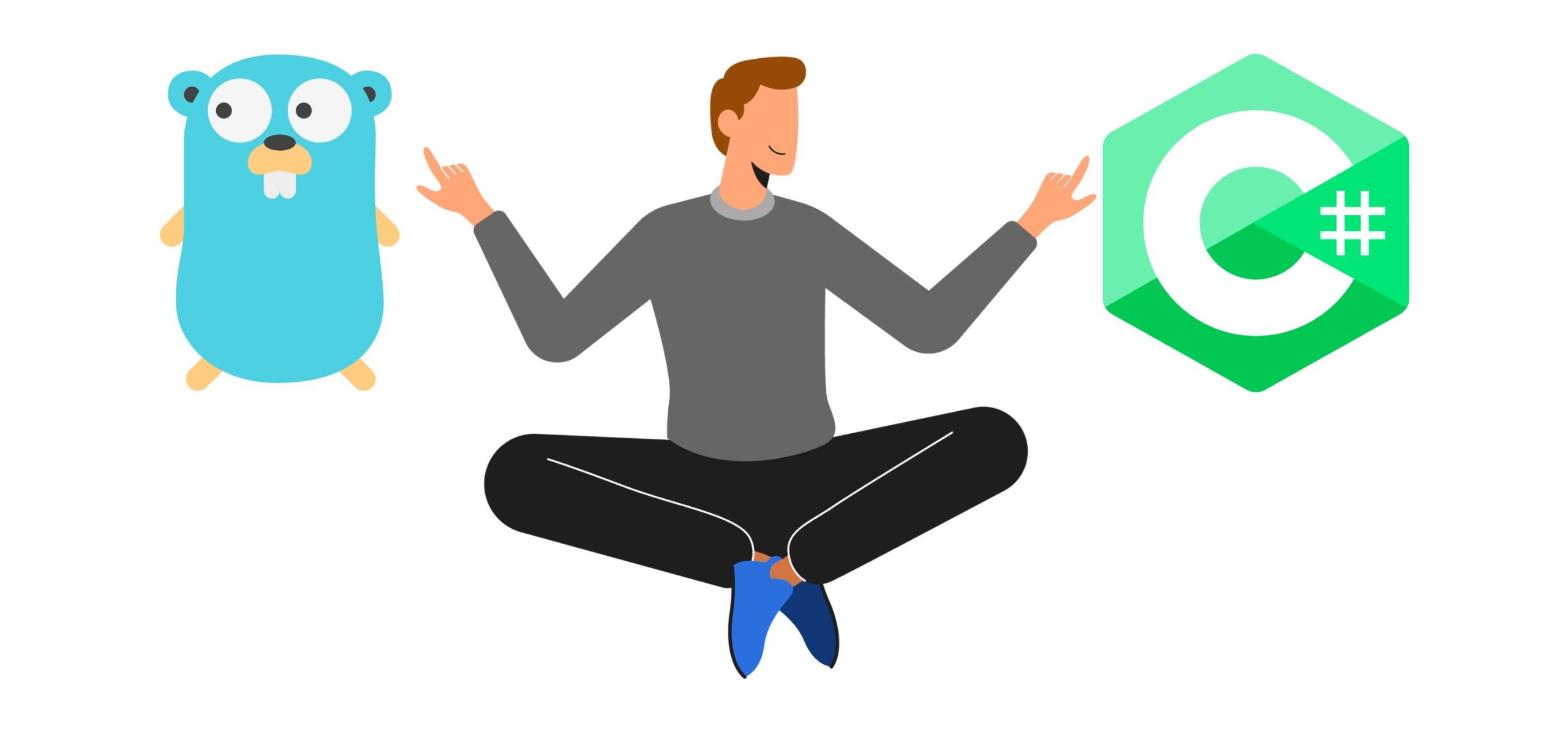
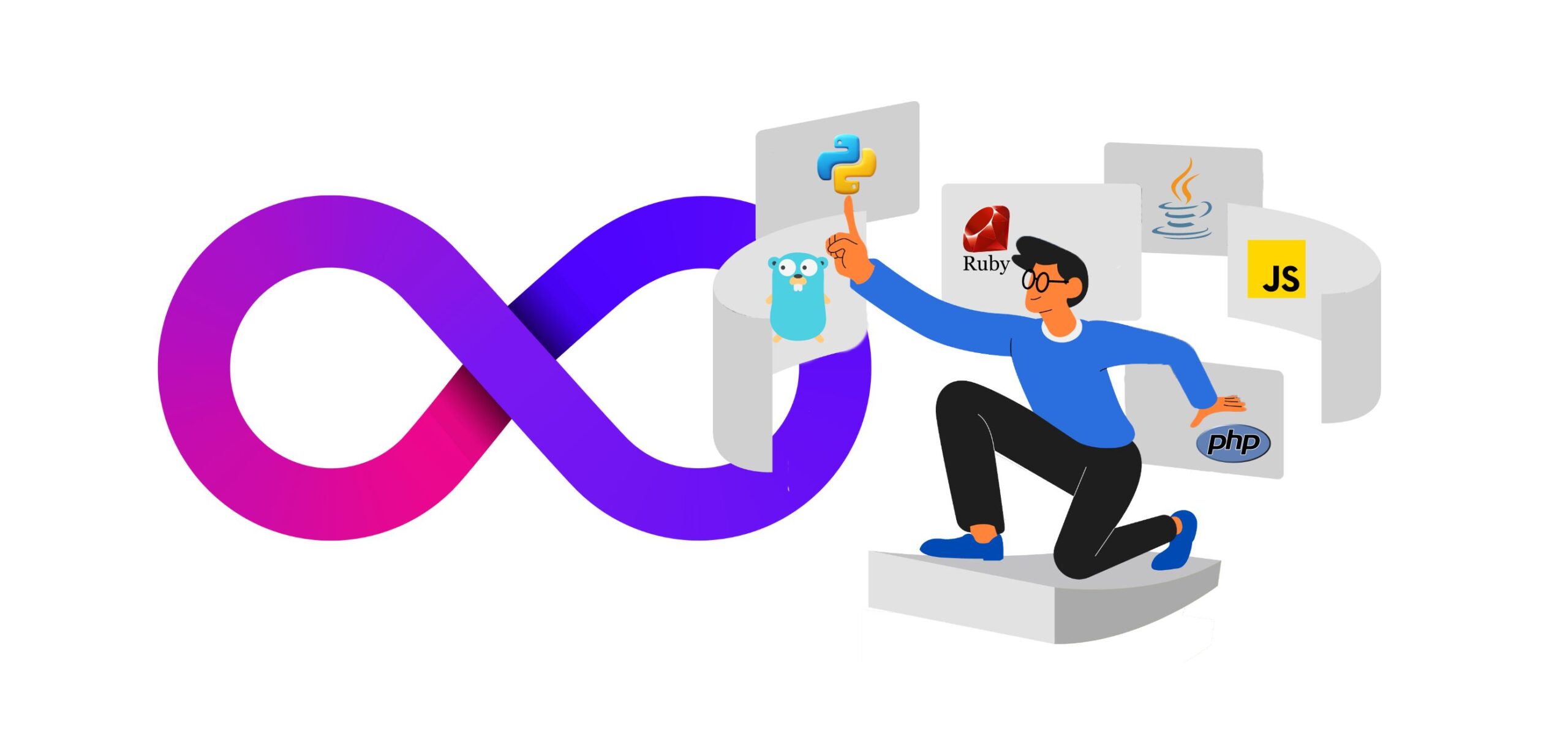
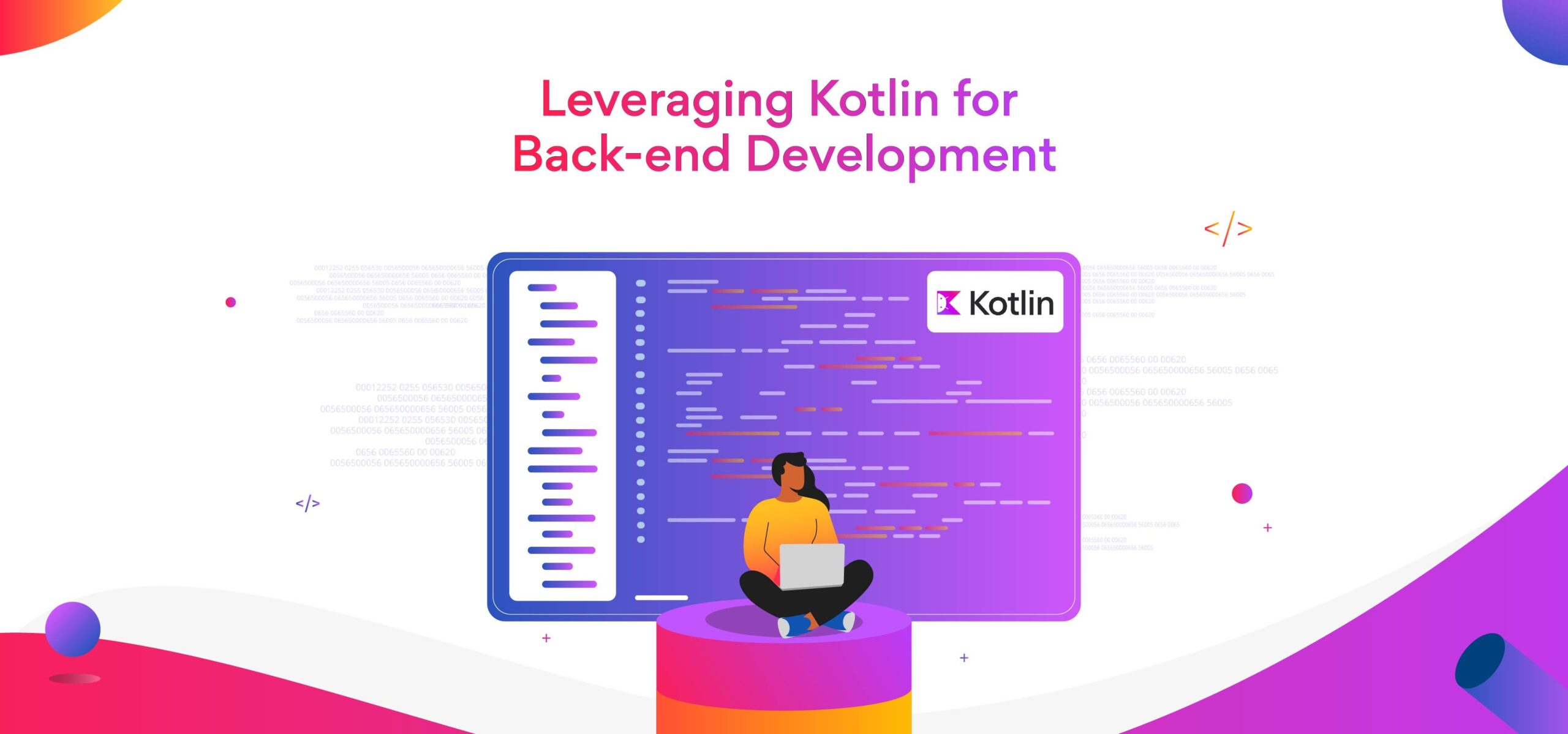
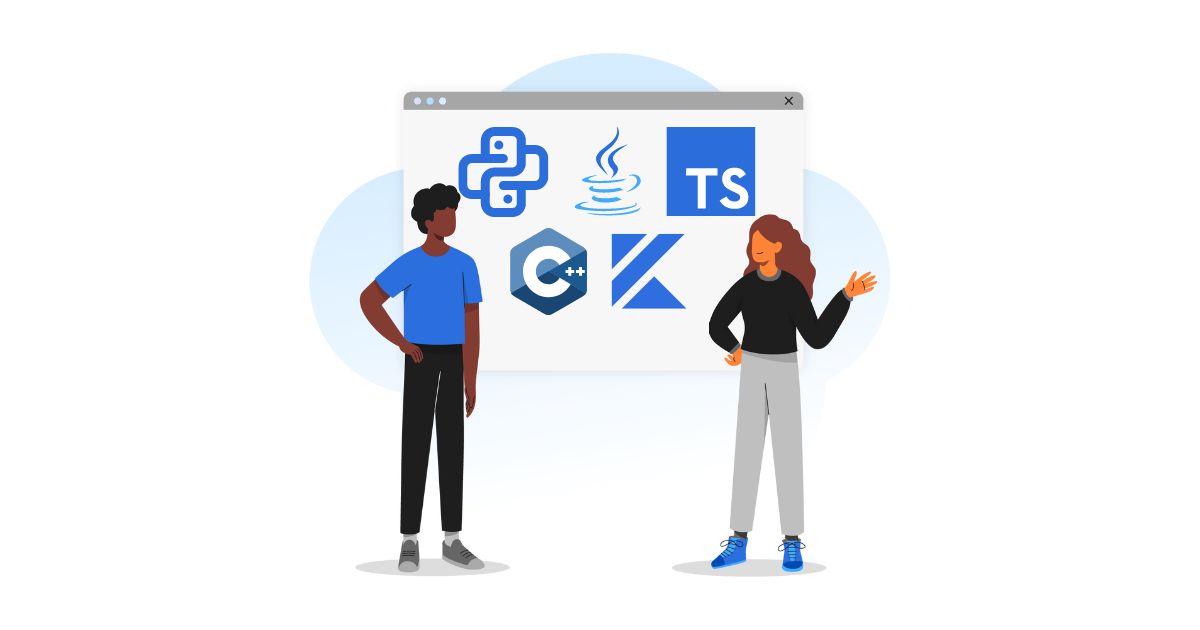
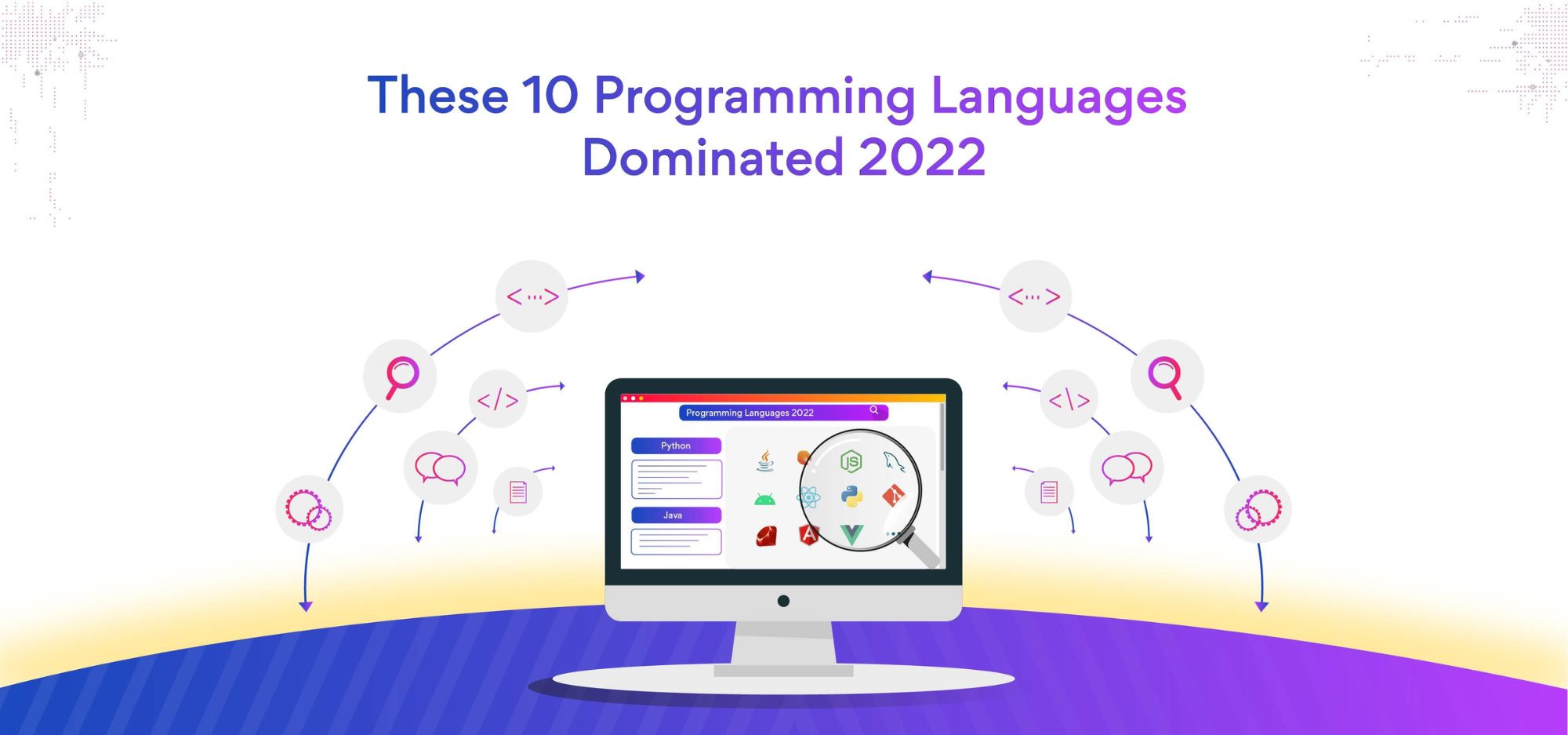
This post was very helpful to determine the best programming language for my software development project. Thanks for sharing!
Java is more cross-platform, but we have containers that can run on orchestrators.
The GO container images are smaller and consume less memory. That’s a relevant point.
HHH,NodeJs is invincible!🤪